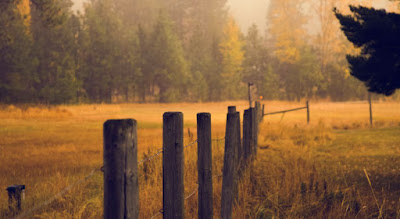Three Classical Practices

This month of blogging has gone by so quickly. What a joy its been to spend time each day in Foster's book letting the Holy Spirit teach me more about prayer. I feel I need to focus more on these different prayers throughout this next year. I may continue to post on some of the remaining chapters throughout January. Foster shares three classical practices which are "designed to lead us into the Prayer of Rest." The first is solitude . Foster says that "In solitude we voluntarily abstain from our normal patterns of activity and interaction with people for a time in order to discover that our strength and well-being come from God alone." This can be a difficult task for many of us. In our culture, it is difficult for many to sustain themselves without outside stimulus. We are always doing something, entertained by something, checking FB, watching TV, and any number of other things. When everything goes quiet and there is nothing to do, we get very uneasy in t...





























